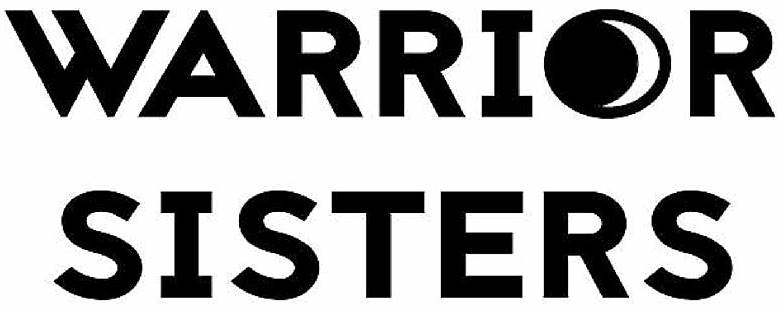I Ask
April is National Sexual Assault Awareness Month (SAAM). According to the National Sexual Violence Resource Center, “the goal of SAAM is for individuals and organizations to raise public awareness about sexual harassment, assault, and abuse and educate communities on how to prevent it.” This year, SAAM is celebrating its 19th anniversary with the theme, “I ask.” One variation of the theme, “I Ask for Consent,” raises awareness that consent is a normal and necessary part of sex. The goal is to empower all of us to put consent into practice. Meaningful consent is affirmative, enthusiastic, ongoing, and informed. “When was your last STI test?” “What form(s) of contraception do you use?” “Do you have any other current sex partners?” For many of us, including me, these questions are challenging to ask, but doing so can empower us to create healthy intimate relationships. From the personal to the political, asking for (or demanding) what we need and deserve can be scary or even dangerous, but it is the only way to create change and move towards a more just and equitable society.
Sarah Grimke, noted abolitionist and advocate for equal rights for women and men, said in 1837, “I ask no favor for my sex. All I ask of our brethren is that they take their feet off our necks.” During SAAM, I ask that we reflect on questions of power, consent, rights, and equality.
19th
Due to the coronavirus pandemic, it has become challenging if not impossible for many of us to think about larger systems of power when we are just trying to get by moment to moment. But, if we are able to pause and take a hard look at the systems that created and perpetuate socioeconomic inequalities, patterns emerge. The year 2020 is the 19th anniversary of SAAM and the one hundredth anniversary of the 19th Amendment to the U.S. Constitution. The 19th Amendment guarantees that the right to vote shall not be denied or abridged on the basis of sex. A hundred years after getting the vote, what do women’s legal rights and representation look like? And, how can we go forward in asking for and securing our equal rights, both in intimate relationships and under the law?
Equal Rights
I’ll readily admit, I’ve been watching “Mrs. America,” which partly inspires this discussion (I’m also a lawyer, but the life of the law is in the human stories behind the legislative and litigious battles). I’m compelled by the coincidence of this year’s SAAM theme and Sarah Grimke’s clarion call, the centennial of the 19th Amendment and the 19th anniversary of SAAM, and the revival of the Equal Rights Amendment (ERA). In January 2020, Virginia ratified the ERA, which would guarantee that equal rights under the law shall not be denied or abridged on the basis of sex. Virginia’s ratification meets the constitutional requirement that an amendment approved by Congress be ratified by three-quarters of the state legislatures. A ratified amendment must then be ‘certified’ by the archivist of the United States to officially become part of the Constitution--and here’s the rub. The National Archives and Records Administration has announced that the archivist will not certify the ERA unless directed by a final court order.
The legal question is whether a time limit for ratification of the ERA (seven years from the time Congress approved it in 1972, plus a one-time extension to 1982) is valid. In comparison, the 19th Amendment securing women the fundamental right to vote did not have a time limit for ratification. Nor did the 27th Amendment, a bland rule about adjustments to Congressional salaries, which became part of the Constitution when it was ratified by the required number of states in 1992, over two hundred years after it was approved by Congress. So, the human question I ask is, is there a time limit on equality?
The constitutional amendment process is an important check on the power of the Supreme Court, which has created an inconsistent patchwork of laws in response to particular controversies of sex-based discrimination. The ERA would secure a fundamental right to sex equality, and practically provide heightened protections in the areas of pregnancy discrimination, abortion funding, equal pay, LGBTQ+ rights, rights for incarcerated women, and rights for survivors of gender-based violence.
Even if the ERA and the concept of equality seem idealistic or even esoteric, the material impacts of inequality are real--during the pandemic, women are facing disproportionate impacts from being frontline care workers and primary childcare providers, and experiencing increasing domestic violence. Gender analysis of the coronavirus asks how risk of exposure and effects of the virus differ generally on the basis of sex. Decolonizing from individualism and reconnecting with community care, acknowledging our interdependence, and valuing the lives of all womxn are all necessary conditions of full equality.
